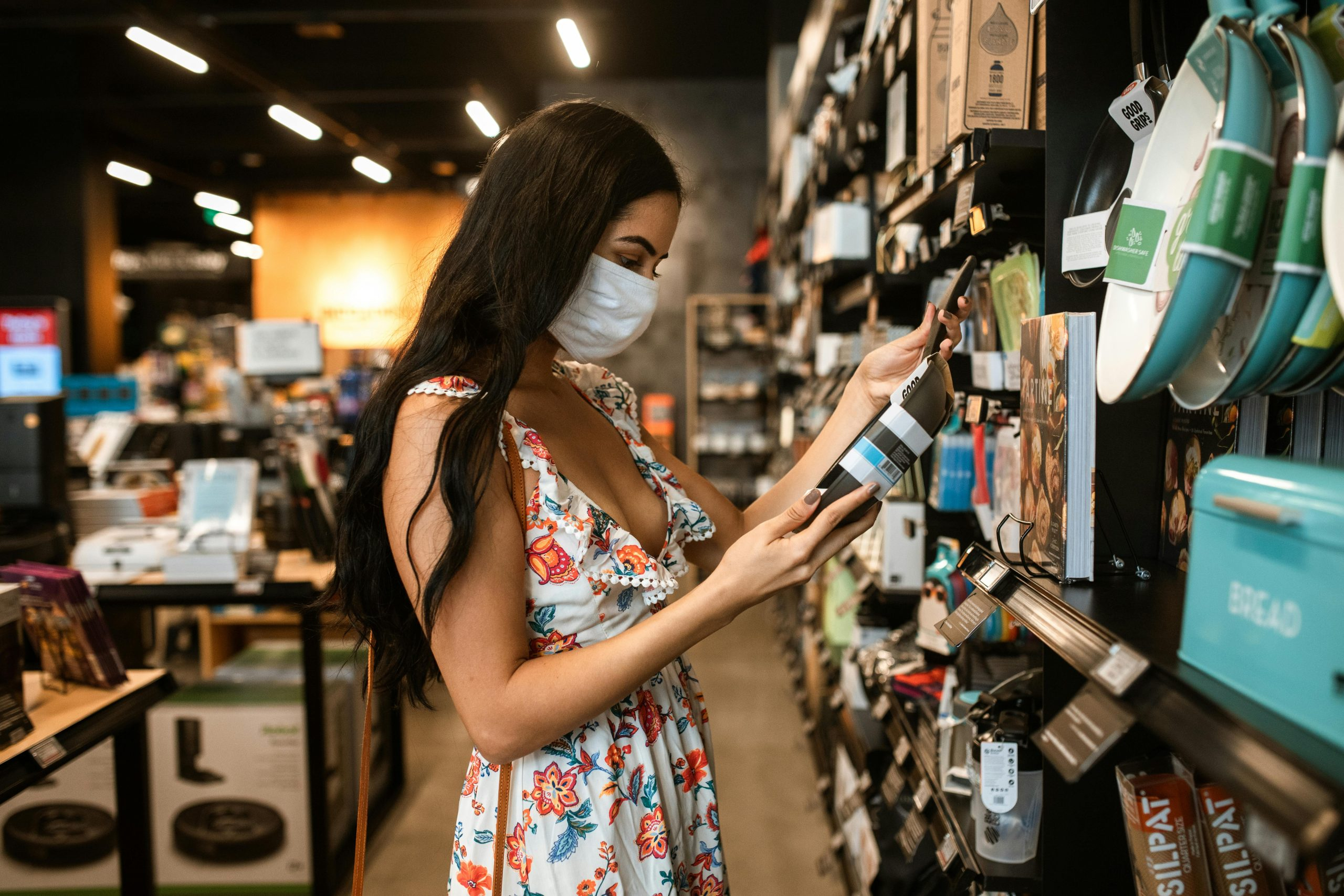The Psychology of Retail Therapy: Why Shopping Makes Us Feel Good
Have you ever experienced the overwhelming feeling of happiness and excitement when browsing your favorite store? Or perhaps the sense of satisfaction after purchasing that item you’ve been eyeing for weeks? This is what is known as retail therapy, and it is a phenomenon that has been studied and discussed for decades. But what exactly is retail therapy, and why does shopping make us feel so good? In this article, we will dive into the psychology behind retail therapy and explore the reasons why shopping can have such a positive effect on our mood and well-being.
The Concept of Retail Therapy
Retail therapy is the act of shopping with the intent of improving one’s mood or emotional state. It is a term that was first coined in the 1980s by the American psychologist, Dr. David Elkind. Dr. Elkind observed that individuals often turn to shopping as a way to cope with negative emotions or stress, similar to how some turn to food or exercise. However, unlike these coping mechanisms, retail therapy is often seen as socially acceptable and even encouraged in today’s consumer-driven society.
While retail therapy is often associated with impulsive or excessive shopping, it can also refer to the act of intentionally purchasing items that are believed to bring comfort or pleasure. This could include buying a new outfit to boost self-confidence or splurging on a luxury item to reward oneself for a job well done. In either case, the underlying motivation behind retail therapy is to improve one’s emotional state and well-being.
The Science Behind Retail Therapy
So why does shopping make us feel good? The answer lies in the chemical reactions that occur in our brains. When we shop, our brains release a neurotransmitter called dopamine, also known as the ‘feel-good’ chemical. This chemical is responsible for making us feel happy, excited, and satisfied. The mere act of browsing and selecting items can trigger the release of dopamine, which leads to a sense of pleasure and enjoyment.
Another reason why shopping can be a mood booster is that it gives us a sense of control and agency. When we have the power to choose and purchase the items we desire, it can make us feel empowered and in control. This sense of control can be especially comforting during times of stress or uncertainty, making shopping a form of self-care or self-soothing.
The Psychology of Retail Therapy
Aside from the chemical and emotional benefits, there are also psychological factors at play when it comes to retail therapy. Studies have shown that shopping can have a significant impact on our self-esteem and identity. For many individuals, the clothes they wear or the items they buy can be a reflection of their personalities and identities. Hence, purchasing these items can have a positive effect on one’s self-image and boost self-confidence.
In addition, retail therapy can also serve as a distraction from negative thoughts and emotions. By focusing on the act of shopping and the items at hand, individuals are able to momentarily forget about their worries and concerns. This temporary escape can provide a sense of relief and relaxation, similar to how a form of entertainment or hobby can help distract us from our everyday stresses.
How to Make the Most of Retail Therapy
While retail therapy can have its benefits, it is essential to keep in mind that excessive or impulsive shopping can also lead to negative consequences, such as financial strain and cluttered living spaces. To make the most of retail therapy, it is essential to approach it mindfully and with intention. This means setting a budget, sticking to a list of items that will genuinely bring you joy, and avoiding excessive or unnecessary purchases.
Moreover, it is crucial to address any underlying issues or negative emotions that may be driving the need for retail therapy. While shopping can provide temporary relief, it is not a long-term solution for coping with stress or other psychological concerns. Seeking support from friends, family, or a mental health professional can help address these underlying issues and provide healthier coping strategies.










